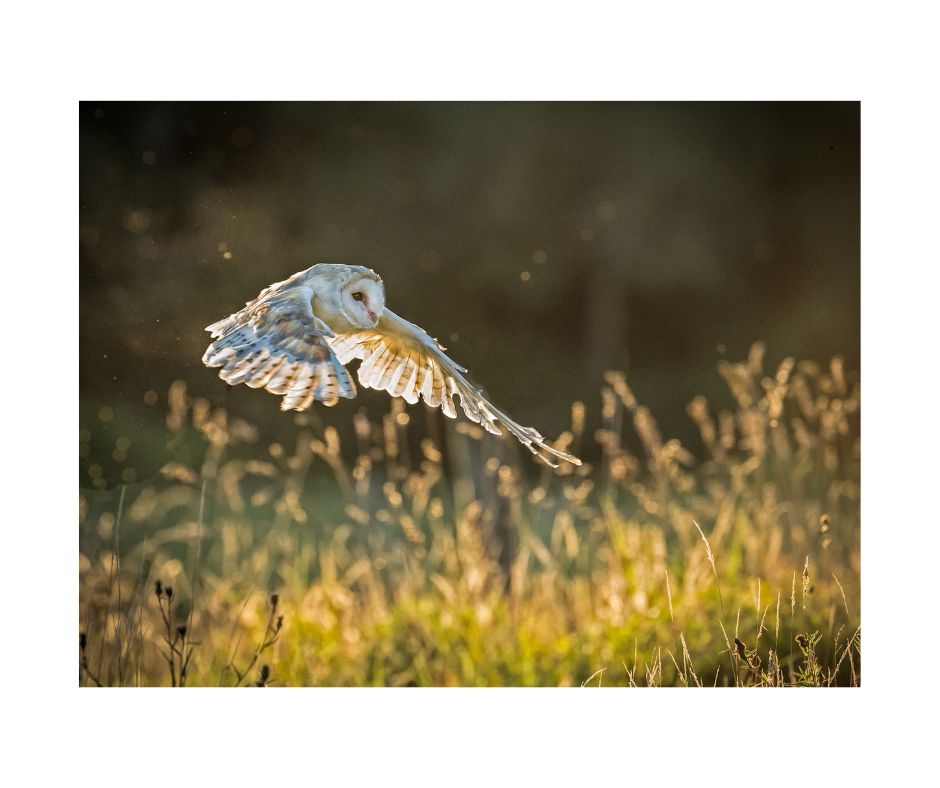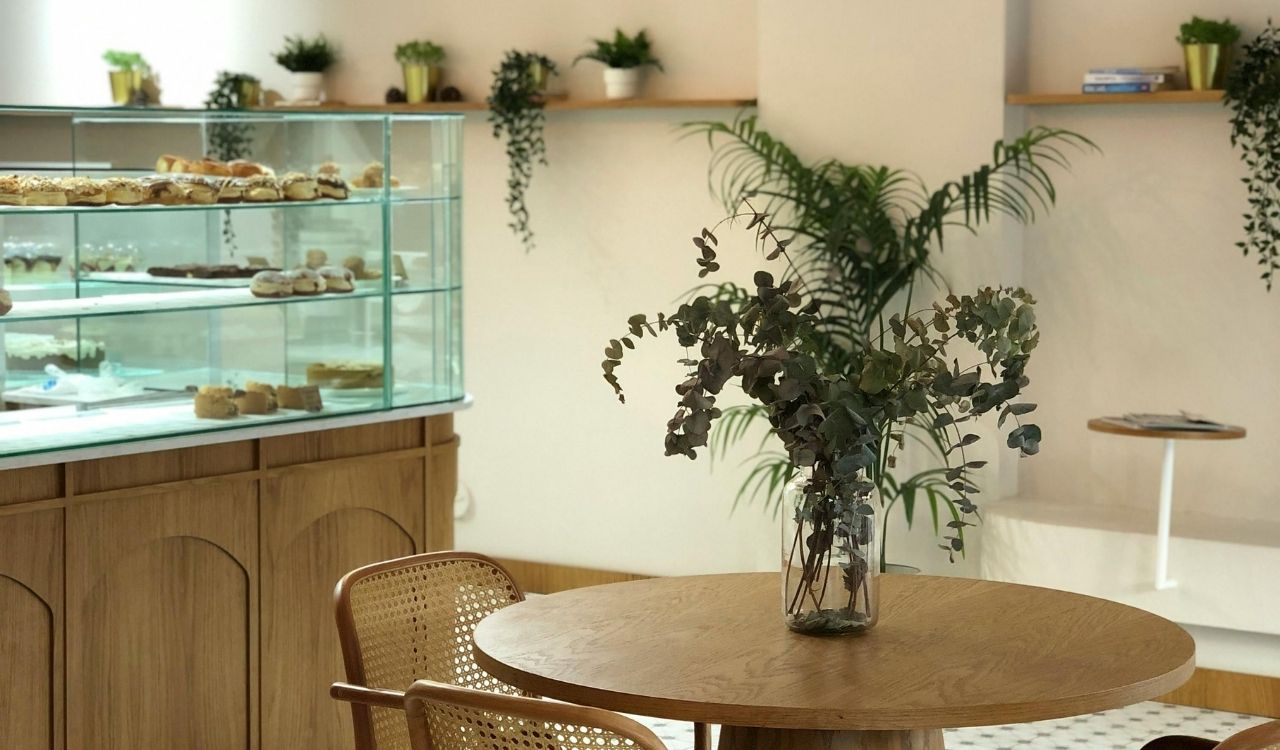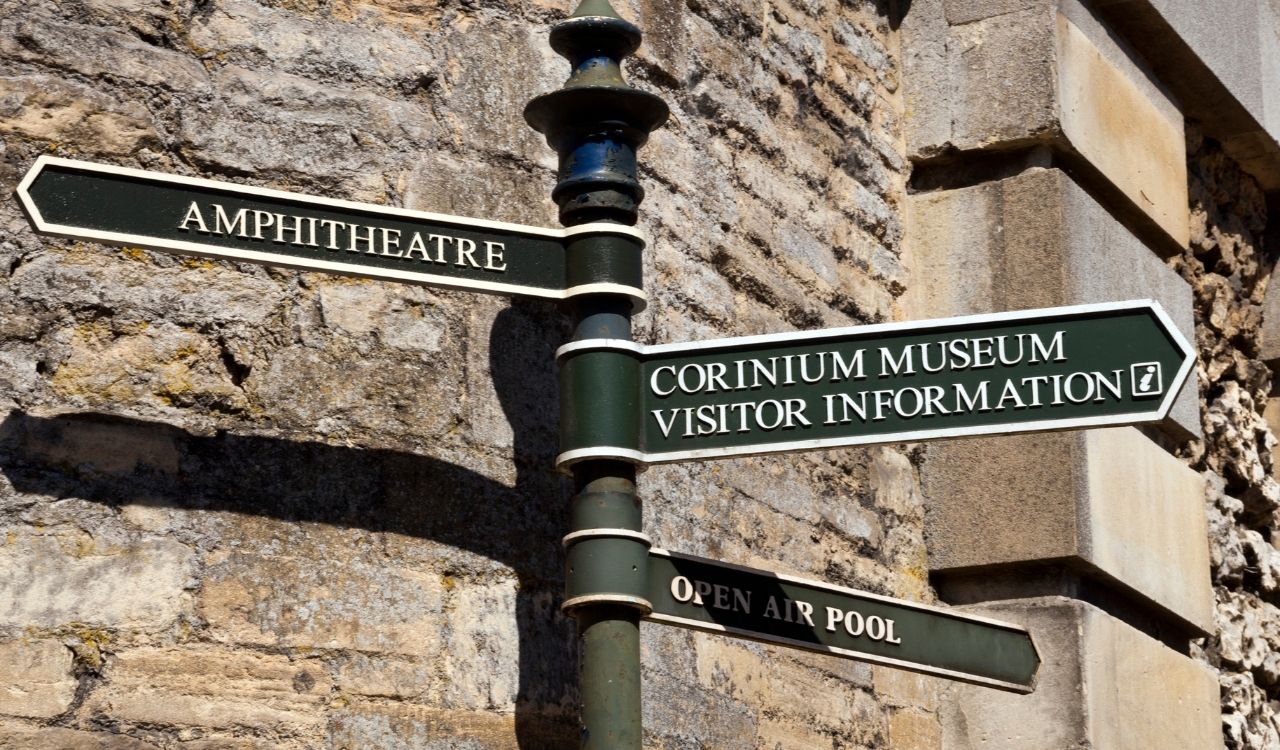The Cotswolds
Merry May Honey: A Visit to an Artisan Cotswold Beekeeper

I was looking forward to my visit with Merry May Honey – honey has such a magical quality. That natural alchemy bees perform of turning nectar into a sweet golden jewel is enchanting. Plus, Beekeeping hasn’t changed very much since the 1800’s, and in a rapidly evolving world, this feels deeply reassuring. Beekeeping is a traditional form of farming. The magic and the enduring love of honey means that honey bees are not endangered (thank goodness), although there are plenty of other kinds of vital bees and pollinators that are.
On a chilly late April afternoon, I met up with Martyn Wilson from ‘Merry May Honey’ an award-winning small business based in the north Cotswolds. Merry May Honey is a family-run set-up, also encompassing Martyn’s wife and father. Plus, his young son will sometimes lend a hand at the markets. In addition to farming honey, they produce several beeswax-related products from their hives aiming to be environmentally friendly at every step.
Martyn and I headed to a Cotswold field where some of his hives were enjoying the blaze of yellow rapeseed and the delicious pollen it offered. As I stood rubbing my hands from the cold Martyn explained that it was a little chilly for the bees and flowers and the 11°C that we found ourselves in wasn’t ideal. Unsurprisingly, of course, the conversation turned to the weather and how it’s had a significant impact across the country on all sorts of crops and farming.
Me: How has the bad weather impacted your work, Martyn?
Martyn: The rain and cold have negatively impacted my work and honey production – on warm sunny days, bees are happier. Also, Rapeseed flowers only produce nectar at 15°C or above. So, if it’s cold and wet honey production is down. The rain and mud also make getting around much harder, there are some fields I simply can’t get across in the truck because of the mud meaning I have to go on foot – it’s mucky and time-consuming. Basically, like any farmer what I do is enormously affected by the weather.
Me: How and when did you begin to work as a beekeeper?
Martyn: I was a hobby beekeeper and then during COVID I decided that I could turn it into a full-time job. I’ve always worked outside in countryside management and I’m obsessed with bees, so it just made sense.
Me: How many Hives do you have?
Martyn: Well I can’t give an exact figure because it’s fluid. As the bees make more queens, they’ll then swarm to create new hives. Obviously, I don’t want this to happen as they could end up in people’s chimneys or sheds etc. So I split the hives and create new ones. However, I’d say approximately I have over 100 hives.
Me: How do you choose where to put your hives?
Martyn: I have some good fields across the north Cotswolds as I’m really lucky that I have great relationships with local farmers. That’s very important to me, they’re really helpful and I get to connect with my community. Plus, it also benefits farmers as research indicates that fields with a good bee population can experience up to a 30% increase in their crop yield. Obviously, that’s important for food security and agricultural economies.
Me: Do you think you’ll expand the business?
Martyn: The problem is that expanding means more pressure in terms of overheads, looking after employees etc. That means the joy is diminished and that defeats the object for me. Also, if I employ and train someone else to sell at the farmer’s markets, the direct contact with the beekeeper is lost and I think it matters. Plus, I enjoy it. I value connecting with the customers as a large part of my job is very solitary. At the moment I have a good balance and I’m reluctant to change that.
Me: What are the best bits of your job?
Martyn: Well the amazing bees for starters, just watching them do their thing is pretty fantastic. I can get pretty busy so sometimes I have to remind myself to just stop and watch! I work outside in a beautiful place. I’m my own boss. I choose my working hours. Oh, and I really enjoy the farmer’s markets and chatting to people about what we do. I’d rather have all of this than be super rich. I know I’m privileged. A few weeks back when the plum blossom was out, I drove over the hill and I could see it laid out before me. It was spectacular and I thought to myself ‘I’m living the dream’.
Me: What are the downsides to your job?
Martyn: Well, the weather! I can’t lie, it’s gruelling work and it’s hard to take holidays. I struggle a little bit with hobby beekeepers, I understand the joy it brings. But sometimes they give their honey away to farm shops etc and this means they’re devaluing the product. I work very hard so that’s a bit of a blow.
**************************************************************************
We then donned beekeeping suits and Martyn took me to look inside some of his hives. We didn’t linger as the temperature was low for the bees.
I didn’t know what to expect and had some nerves about being stung. Martyn explained it was a pretty mellow hive which was reassuring – who knew that hives had moods? As we looked inside the lively hive and Martyn described what was happening, I was enthralled. And, I didn’t get stung. I was completely bee-ignorant and as I watched I became fascinated by the complexity of the hive and the roles of the different kinds of bees. I began to understand Martyn’s fascination with bees – they work with such efficiency and purpose. After I left and drove home, I couldn’t stop thinking about how most of us are oblivious to these awe-inspiring, complex, busy, beautiful bee worlds that exist right under our noses.
In addition to honey, Marry May Honey offers candles, wax food wraps, lip balms, chopping board wax and beekeeping experiences.
See Related Articles & Features
issue 26
See Our Latest Issue of the Magazine.
See great content for this months digital magazine.
read now



